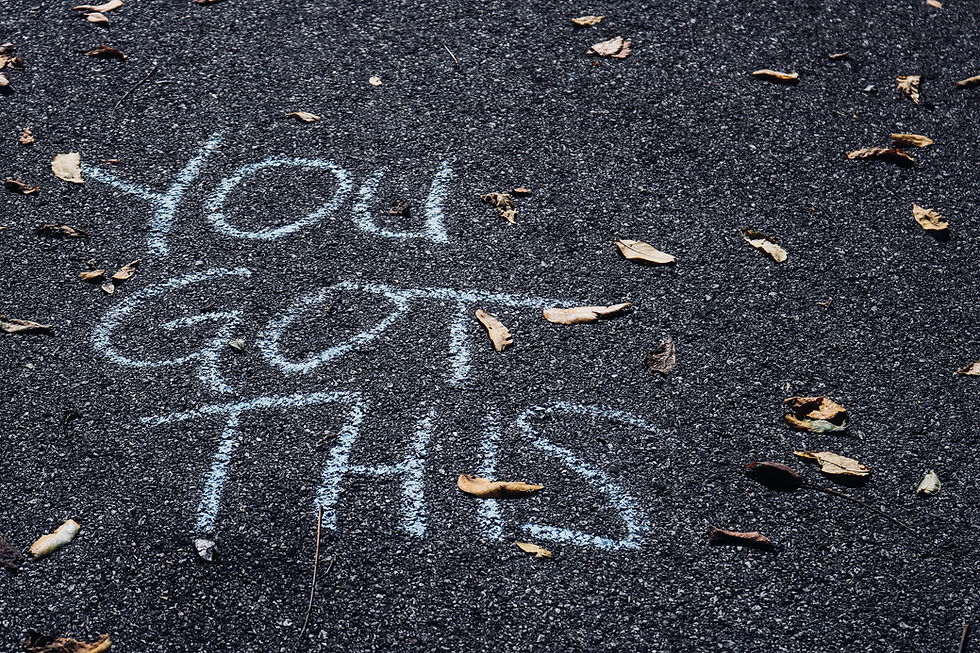Mental health is increasingly being recognized as a critical aspect of overall well-being, yet many people still find themselves overwhelmed by the stigma associated with mental breakdowns. Mental health crises often carry with them a weighty sense of shame, making it doubly challenging for those going through them to seek help and recover. In this blog post, we aim to tackle not just how to cope with a mental breakdown, but also how to deal with the subsequent feelings of shame that often come with it.

Disclaimer: This blog post is not a substitute for professional mental health advice. If you're experiencing symptoms of a mental health crisis, consult with healthcare professionals immediately.
What Is a Mental Breakdown?
A mental breakdown, also sometimes called a nervous breakdown, is a broad term that describes a period of extreme mental or emotional stress. The signs can vary dramatically from person to person but
can include overwhelming anxiety, depressive episodes, hallucinations, and even symptoms resembling those of PTSD (Post-Traumatic Stress Disorder).
The Stigma and Shame
Unfortunately, society often attaches a stigma to mental breakdowns, creating a cycle of shame for those experiencing one. This sense of shame can stem from cultural, social, or personal beliefs that consider mental illnesses as weaknesses or moral failings.
How to Cope with a Mental Breakdown

Seek Professional Help
The first and most important step is to consult with mental health professionals.
Therapists, counselors, and psychiatrists can provide evidence-based treatment options tailored to your condition.
Reach Out
Talk to trusted friends and family members about what you're going through. Emotional support is crucial for recovery.
Practice Mindfulness
Mindfulness exercises can help you focus on the present moment, which can ease symptoms of anxiety and depression. Techniques include breathing exercises, guided imagery, and body scans.
Medication
Anti-anxiety or antidepressant medications might be recommended depending on the severity of your symptoms. Consult a healthcare professional for proper diagnosis and treatment.
Dealing with the Shame
Challenge Negative Thoughts
Understand that your condition does not define you. Make a conscious effort to identify and challenge your negative thoughts about having experienced a mental breakdown.
Open Up About Your Experience
Many find solace in sharing their journey and struggles with close friends, family, or support groups. Not only does this normalize mental health issues, but it also fights against the stigma.
Educate Yourself and Others
The more you understand your condition, the less frightening it becomes. Educate yourself and others to help break down the walls of stigma surrounding mental breakdowns.
Dealing with a mental breakdown is an uphill battle, and the associated shame makes the slope even steeper. By taking steps to address both your mental health condition and the feelings of shame that accompany it, you’re not only working towards your recovery but also contributing to a broader societal shift towards acceptance and understanding.
Remember, mental breakdowns are not a sign of weakness, but rather a signal from your body and mind that you need to take better care of yourself. So, let's put the shame aside and work towards a healthier, happier you.


Comments